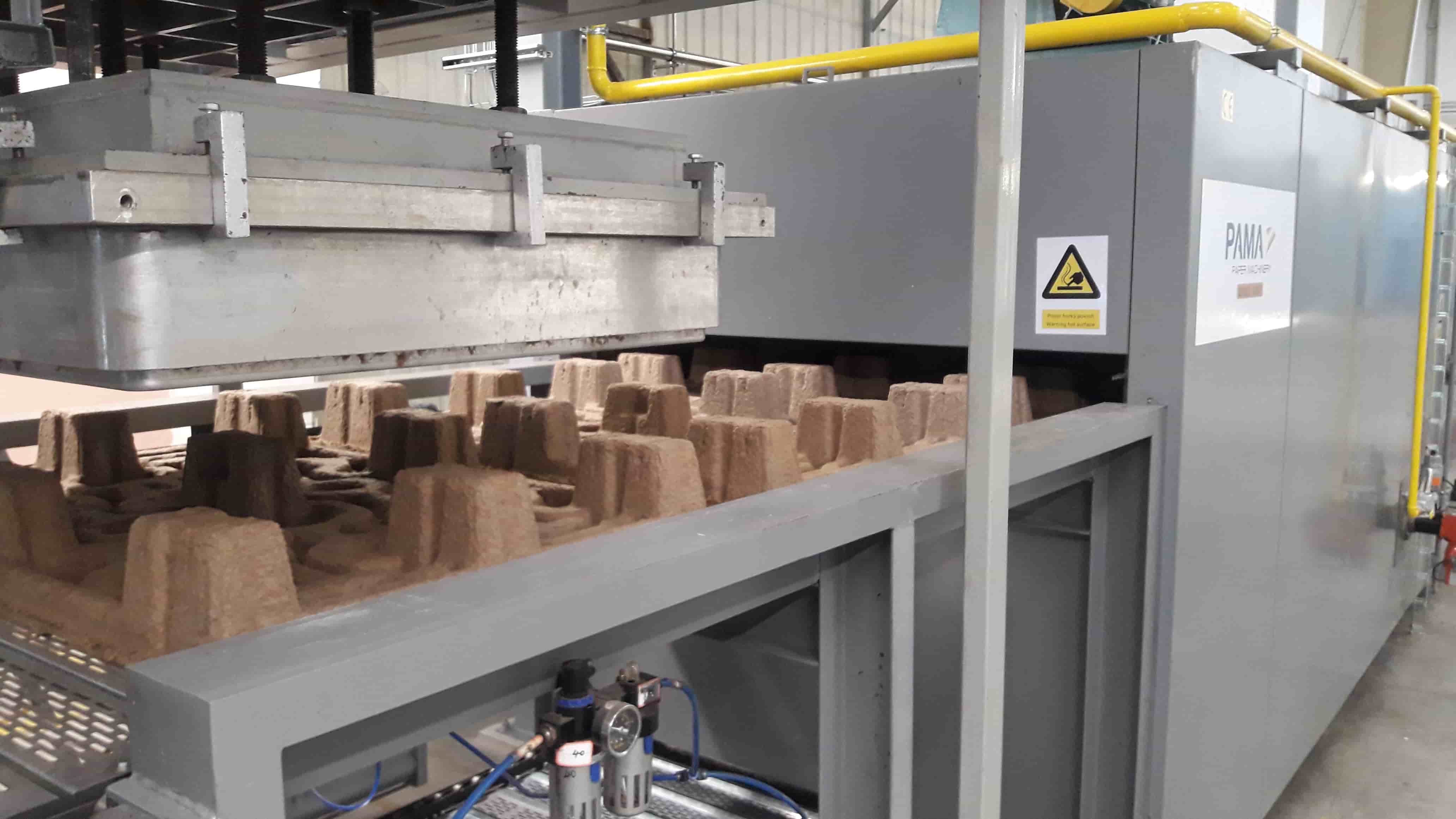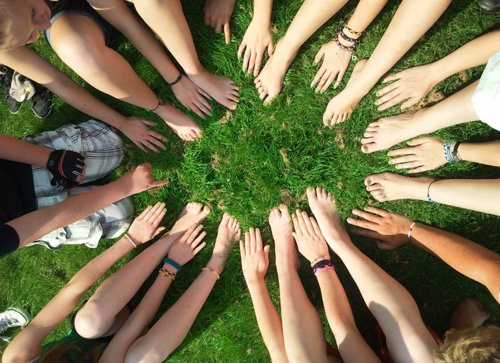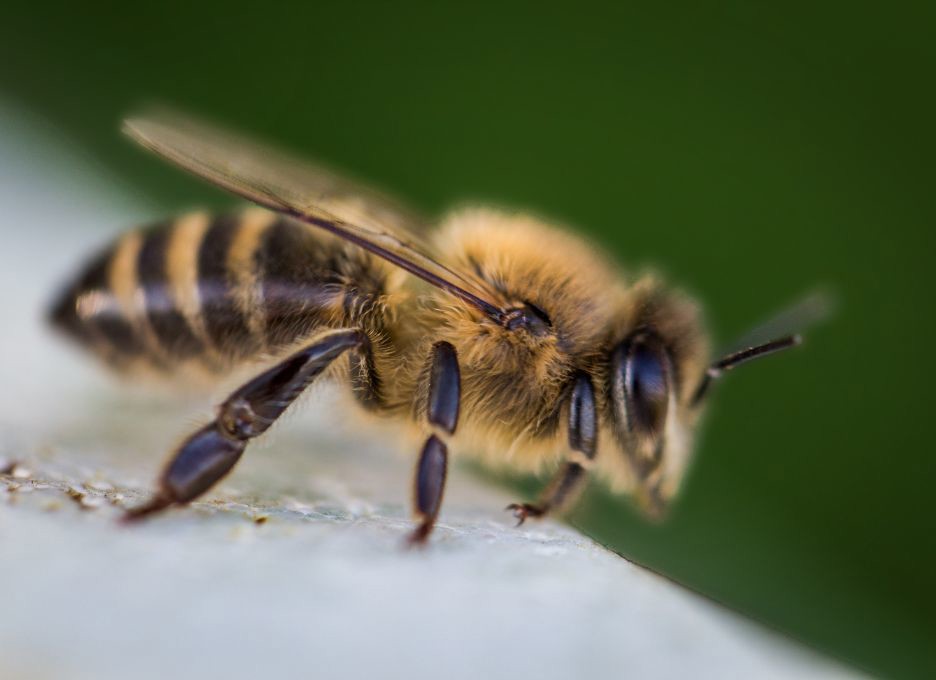
E – Environmental
This area covers environmental sustainability and the environmental impact of business. It includes measures to protect the environment, reduce greenhouse gas emissions, sustainable use of natural resources and protection of biodiversity. Our company has taken measures to minimise its negative impact on the environment and contribute to its protection.
Environmental responsibility
We believe that being responsible to the planet is not just a commitment, but a necessity. We believe that environmental protection and sustainability are essential for our future and the future of our planet. We do not limit ourselves to compliance with environmental standards, but actively seek to reduce our ecological footprint and contribute to the overall improvement of the environment. Join us for an insight into how we are reducing our environmental impact. At TART, we strive to optimise our production processes so that we do not abuse the natural resources that have been gifted to us.
Decarbonization
Climate change and its negative impact on the environment are a growing concern in today’s society. The European Green Deal is a package of policy initiatives to set the EU on the path to a green transition with the ultimate goal of achieving climate neutrality by 2050. A holistic approach across industries is needed to transform the EU into a society led by a modern and competitive economy.
At TART, we are embarking on a journey towards a carbon neutral future. To succeed in the decarbonisation process, we have analysed everyday life in our society to arrive at the indicators that contribute most to carbon emissions. In response, we have set certain steps and targets to reduce our carbon footprint.
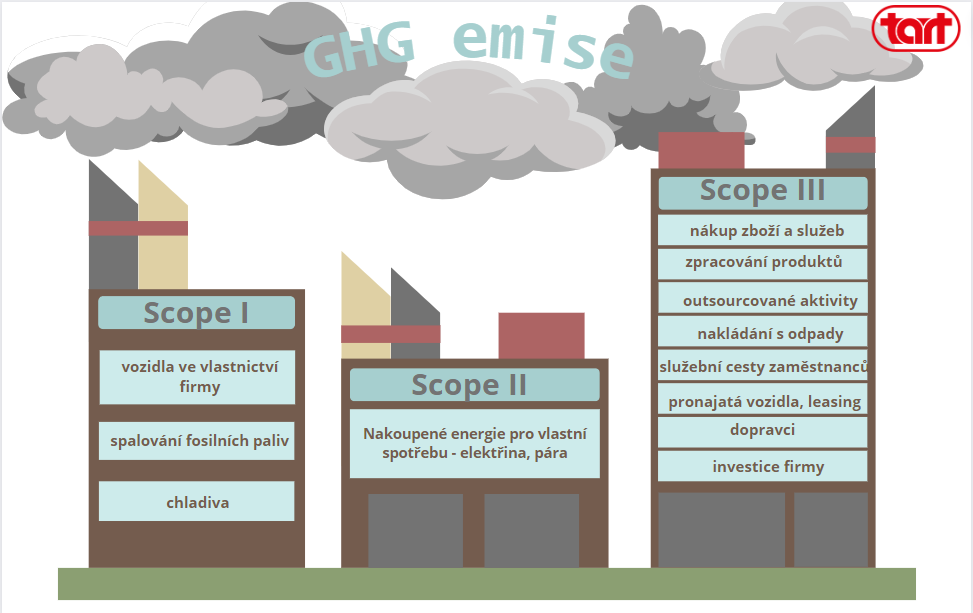
Circularity
The circular economy in the packaging industry is an innovative and sustainable approach to packaging production, use and processing. Instead of the traditional linear economy, where products are produced, used and ultimately disposed of as waste, the circular model focuses on minimising waste and maximising resource efficiency.
We manufacture packaging to be as recyclable, reusable and resource-friendly as possible. In order to use the by-products generated from the production of cardboard products, we have acquired new technology for the production of vacuum-formed cardboard. Thanks to this, we are able to use all the leftover material from cardboard production in new products.
We have also invested in a recycling line to process waste from polyethylene film production. The production of plastic films produces a by-product in the form of off-cuts, from technology launches, etc. Instead of these by-products ending up as waste, we are able to reprocess them to produce our new ReProtect product line with a defined recyclate content.
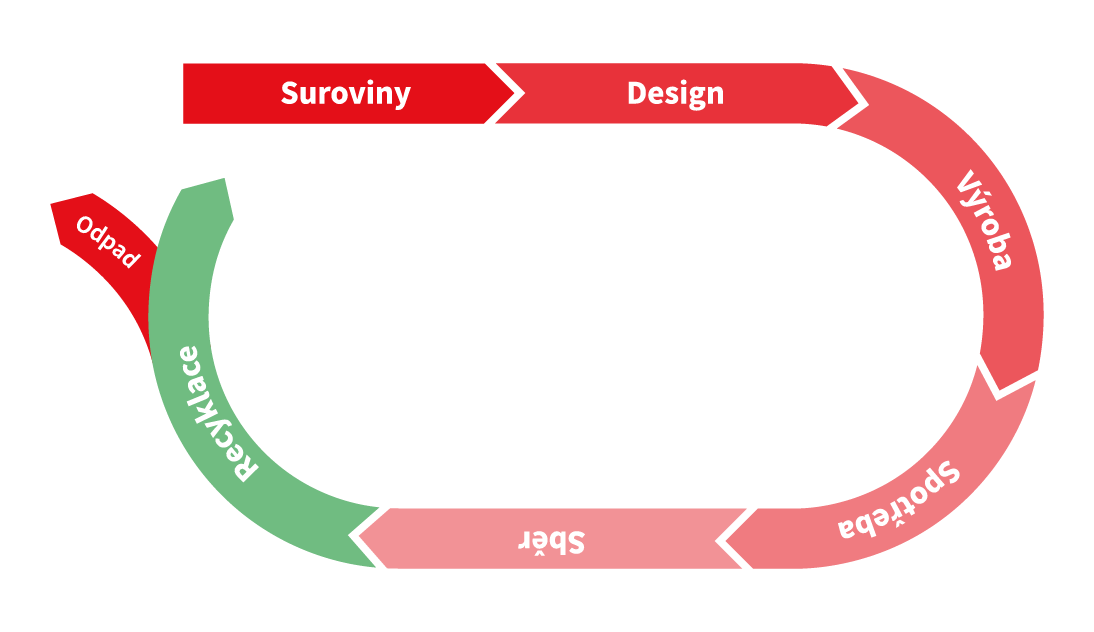
Nothing will go to waste
Our customers can choose from a wide range of packaging solutions in our product range. One of the solutions is the Envira® product line, which is fully compostable and made from starch from renewable sources. This type of packaging prevents unnecessary waste of raw materials and reduces the volume of production waste. Once it has served its purpose, the packaging decomposes naturally, minimising the negative impact on the environment. The material decomposes into biomass and becomes compost.
Compostable packaging is environmentally friendly and supports the cycle of renewable materials, contributing to overall sustainability. By choosing these products, the customer can show that they are interested in environmental responsibility and want to contribute to the preservation of our planet for future generations.
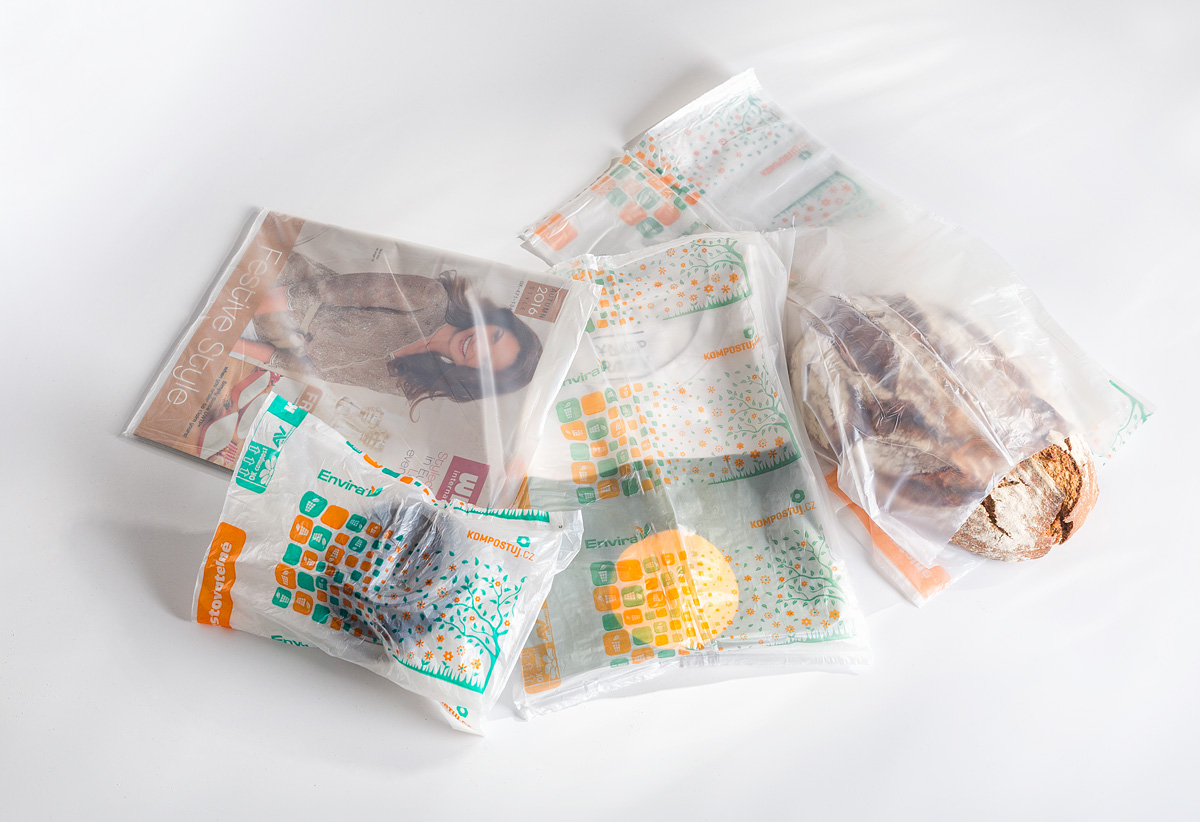
Bee index
Introducing our bee. Bees are one of the best indicators of functioning diversification and the ecological approach of humans to nature. We place a strong emphasis on both of these approaches. That is why we have introduced the bee symbol as a “BEE INDEX”.
We use it to express the ability to use the 6 Rs, the basic and globally recognised principles for packaging sustainability: REPLACE, REDUCE, REUSE, RECYCLE, ROT, and REPAIR for given packaging variants. You will encounter the Bee Index in our presentation materials, as well as in joint discussions when looking for the optimal packaging solution.
We hope that our bee will make it easier for you to quickly navigate packaging options in terms of their sustainability according to the principles of the 6 Rs.
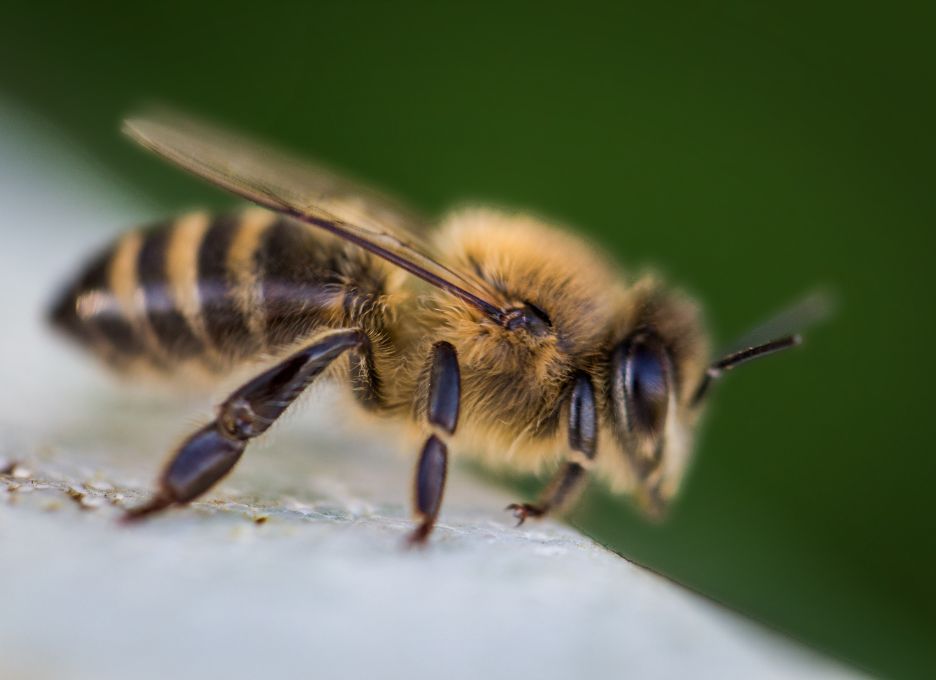
Investing in technology
We thrive on technological advances and regularly invest in technologies that enable us to produce more sustainably.
New technologies allow us to reduce our energy and raw material consumption. Their carbon footprint is lower, which results in a reduction in CO2 emissions from products.
With the help of innovative recycling technologies, we are able to produce products from recycled materials, reducing the consumption of primary raw materials and the production of waste. Overall, new technologies allow us to reduce the environmental impact of our operations while also meeting increasingly stringent regulatory requirements. They are an important part of the future of sustainable business while being responsible to the planet and society.
